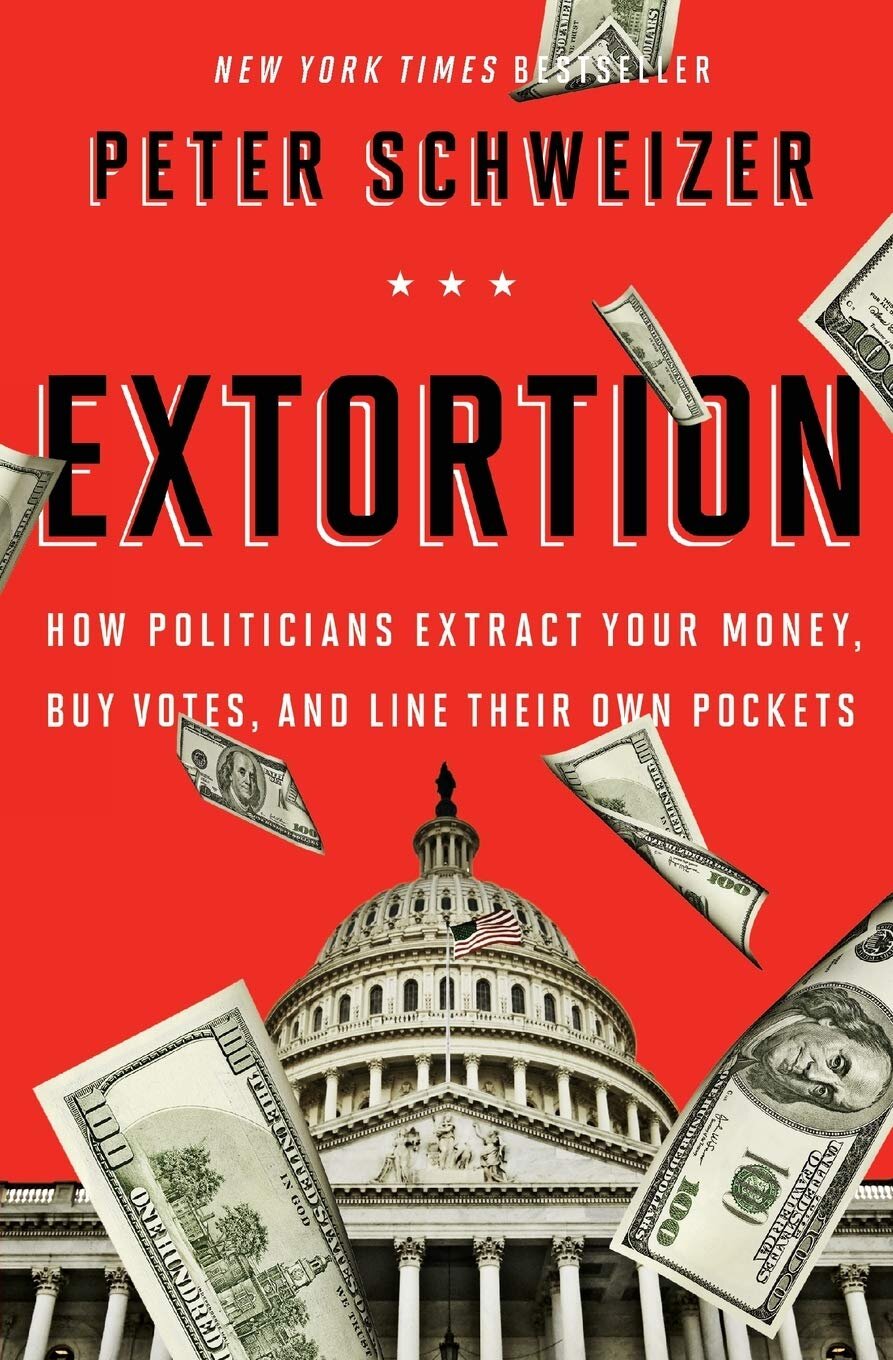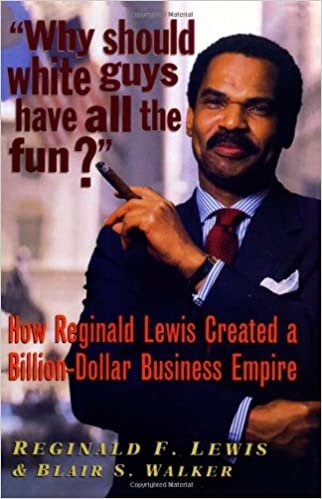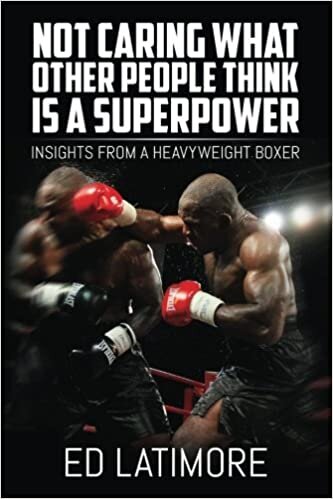Extortion by Peter Schweizer Review

“Get big money out of politics!” is a populist rallying cry that we’ve heard from candidates such as Elizabeth Warren and Bernie Sanders to stop the influence of large corporations on our “democracy.” The assumption is that these corporations wield enormous sums of money to buy politicians favor on certain policies or to prevent the passage of legislation that would harm their profits. But Peter Schweizer thinks we’re misguided to believe that this is one-sided relationship.In Extortion, he calls out liberal and conservative career politicians, in what he calls the “Permanent Political Class”, for using “coercive public power to threaten others and to extract wealth, and in the bargain pick up private benefits for themselves, their friends and their families.” For example, Schweizer shows how John Boehner, as Speaker of the House, manipulated the timing of bringing the Wireless Tax Fairness Act in 2011 to a floor vote in order to extort money from AT&T and Verizon, who wanted the bill passed. The bill prevented local government for putting new taxes on cell phone bills and had bipartisan support, but Boehner just decided to stall on it. The day before the vote, Boehner collected $40,000 for his re-election campaign.This type of extortion would send anyone other than a politician to prison and yet, because they are the law, are not held accountable at all. In a particularly hilarious story, Schweizer shows how Barack Obama and Joe Biden were able to raise millions of dollars for their re-election campaign in 2012. Piracy is one of the biggest issues for the entertainment industry, resulting in millions of dollars in profits lost every year. Obama and Biden went to Hollywood for a big meeting with entertainment executives telling them they wanted to pass an anti-piracy bill, that would solve this costly issue. These executives really supported the idea and thus gave Obama’s campaign money in support. Then, Obama and Biden held a meeting with Silicon Valley executives about the anti-piracy bill, who were subsequently terrified of how the bill could “undermine the legal, commercial, and cultural architecture” of the Internet. These executives gave Obama’s campaign large sums of money to not pass the bill. After the bill was written and Obama publicly supported it, Silicon Valley executives donated even more to his campaign, which motivated Hollywood’s financial support even more. Obama let these two industries compete for months and then just dropped the bill altogether, having already gotten what he really wanted, Schweizer certainly does a great job identifying this problem and it is interesting to see this relationship between politicians and corporation inverted but the solutions he proposes in the last couple of pages do not match the same depth of his analysis of the problem. He says that we need to enforce more rules, of reading every single bill out loud on the Senate and House floor, to discourage excessively long and hard to understand legislation and a rule that constrains every bill to one specific subject, so that other side interests can not become entangled in the passage of the bill. HIs “solutions” make this problem of extortion seem all but intractable.I definitely recommend this book for anyone wanting to better understand Washington’s relationship with money though.






